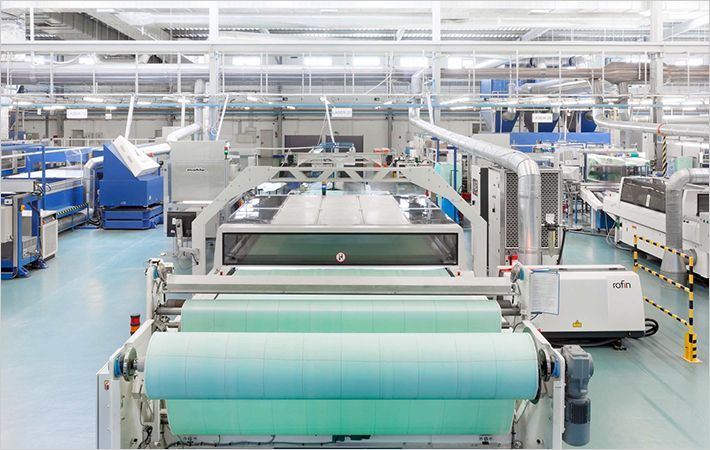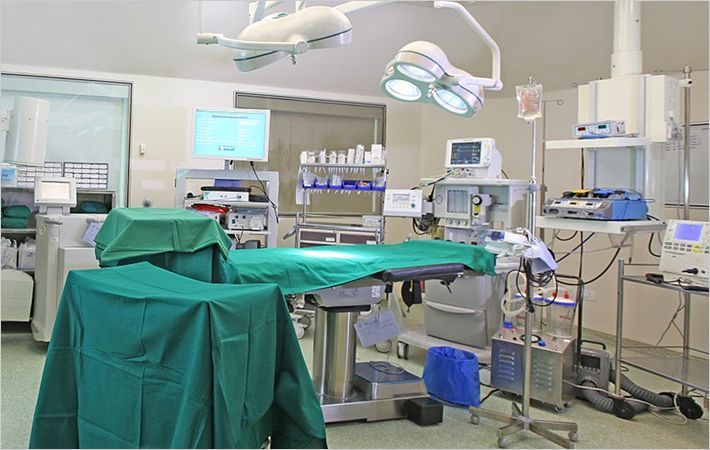PEGGIE is a sleek and shapely prototype battery electric vehicle which will, for the first time, be competing in the 2012 Shell Eco-Marathon, an international competition that challenges student teams from around the world to design, build and test-drive energy efficient vehicles.
Developed by a team of engineers from the Oxford Martin School's Institute for Carbon and Energy Reduction in Transport and the University of Oxford's Engineering Department, PEGGIE brings high hopes for success.PEGGIE is a sleek and shapely prototype battery electric vehicle which will, for the first time, be competing in the 2012 Shell Eco-Marathon, an international competition that challenges student #
The team and their prototype vehicle are among 227 competitors invited from 24 countries to participate in this global competition.Working in conjunction with the Energy and Power Group (EPG) of the University of Oxford and computer scientists from the Oxford Martin School's Institute for the Future of Computing, the engineers are hoping to push the frontiers of vehicle efficiency with their latest design.
The Shell Eco-marathon challenges student teams from around the world to design, build and test energy efficient vehicles. The winners are the teams that go the farthest distance using the least amount of energy. PEGGIE's team will be competing in the battery electric vehicle competition class, which last year set a record of 842.5 km on 1 kWh of electricity. The team is confident they can beat this record with the technological innovations that they plan to incorporate into PEGGIE.
PEGGIE will implement a unique powertrain system which includes:
• In-wheel motor
• Ultra low resistance tyres
• Lightweight carbon fibre chassis
• Latest battery technology
• Low-drag aerodynamic shape
• Real time updates and optimized race course techniques
These characteristics are certain to be worthy of future transport technologies, enhancing the efficient use of fuels, in the best interest of global sustainable development.
Dr Malcolm McCulloch, Director of the Institute for Carbon and Energy Reduction in Transport and who has been leading the whole project, commented: “Events like the Eco marathon provide a valuable opportunity to showcase the latest technologies incorporated into these innovative prototypes as well as to share knowledge and expertise.”
Dr Jeyan Thiyagalingam from the Institute for the Future of Computing said: “Our role will be to minimise the energy footprint of the computational aspects of the vehicle, which control the average speed, breaking capacity and behaviour of the vehicle.”
Oxford Martin School Director, Professor Ian Goldin said: “Encouraging innovative projects such as this one is essential if we are to find new means of energy efficient, low carbon transportation in the future. We're hoping to see our team win!”
This project has been funded by the Oxford Martin School, with additional support provided by ARM, NXP, Frankie's Auto Paintwork, Securon, Mansfield College, Balliol College and Shetland Composites.
University of Oxford

